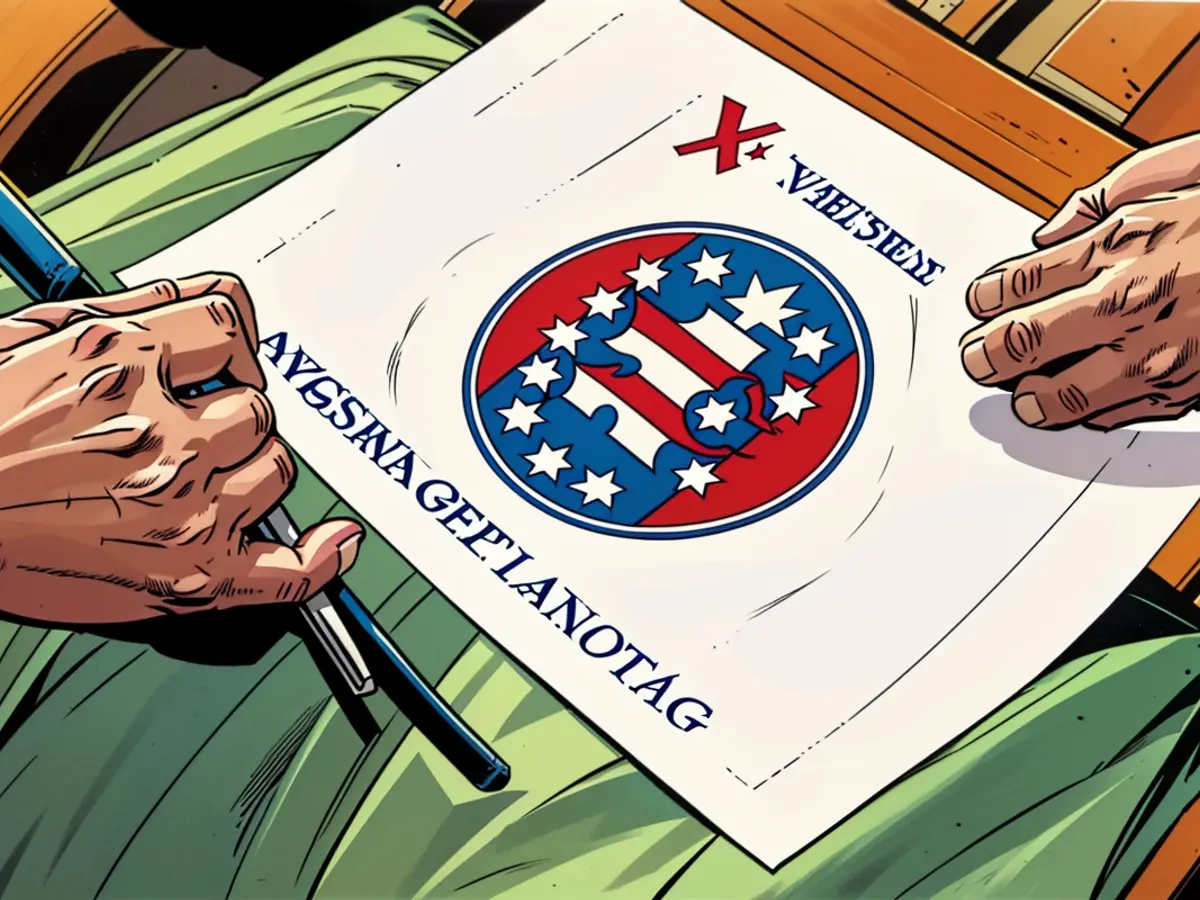Thuringia SPD leader Maier expresses disinterest in continuing.
In Thuringia, the Left Party, SPD, and Greens have been sharing power for a decade, with Bodo Ramelow leading as Minister-President from the Left Party side. However, due to the results of the 2019 state election, this coalition no longer holds a parliamentary majority and has been relying on votes from the opposition to pass major decisions, such as the budget. Ramelow has stated that he is not interested in another minority government.
Despite having a good working relationship with Ramelow and the Left, SPD, and Greens achieving significant progress for Thuringia even in the minority scenario, Maier announced that the coalition had reached its end.
Thuringia will vote alongside Saxony this coming Sunday. Surveys indicate that a Red-Red-Green majority is unlikely. The far-right extremist AfD, identified as such by the domestic intelligence agency, has been leading in Thuringia for several months.
A poll published by "Stern" magazine and RTL broadcaster on Tuesday revealed that the AfD is still leading with 30%, followed by the CDU with 21%, the Sahra Wagenknecht Alliance (BSW) with 18%, the Left Party in fourth place with only 13%, and the SPD at 7%. The Greens and the FDP would fail to meet the threshold for re-entering the state parliament, with 4% and 2.9% respectively.
Maier expressed his belief that a CDU, SPD, and BSW coalition was a viable option. However, he stated that this could only happen if the Thuringian BSW was willing to focus on Thuringian issues.
Maier dismissed the conditions set by Wagenknecht for participating in the government. Wagenknecht had made the opposition to the planned deployment of US intermediate-range missiles in Germany and their stance on the war in Ukraine as conditions for partnership.
The upcoming election to the Landtag in Thuringia could potentially shift the political landscape, as surveys suggest that the far-right extremist AfD is leading. Regardless of the results, a coalition between the CDU, SPD, and BSW, as proposed by Maier, seems uncertain due to the BSW's focus on Thuringian issues and Wagenknecht's conditions for partnership.







